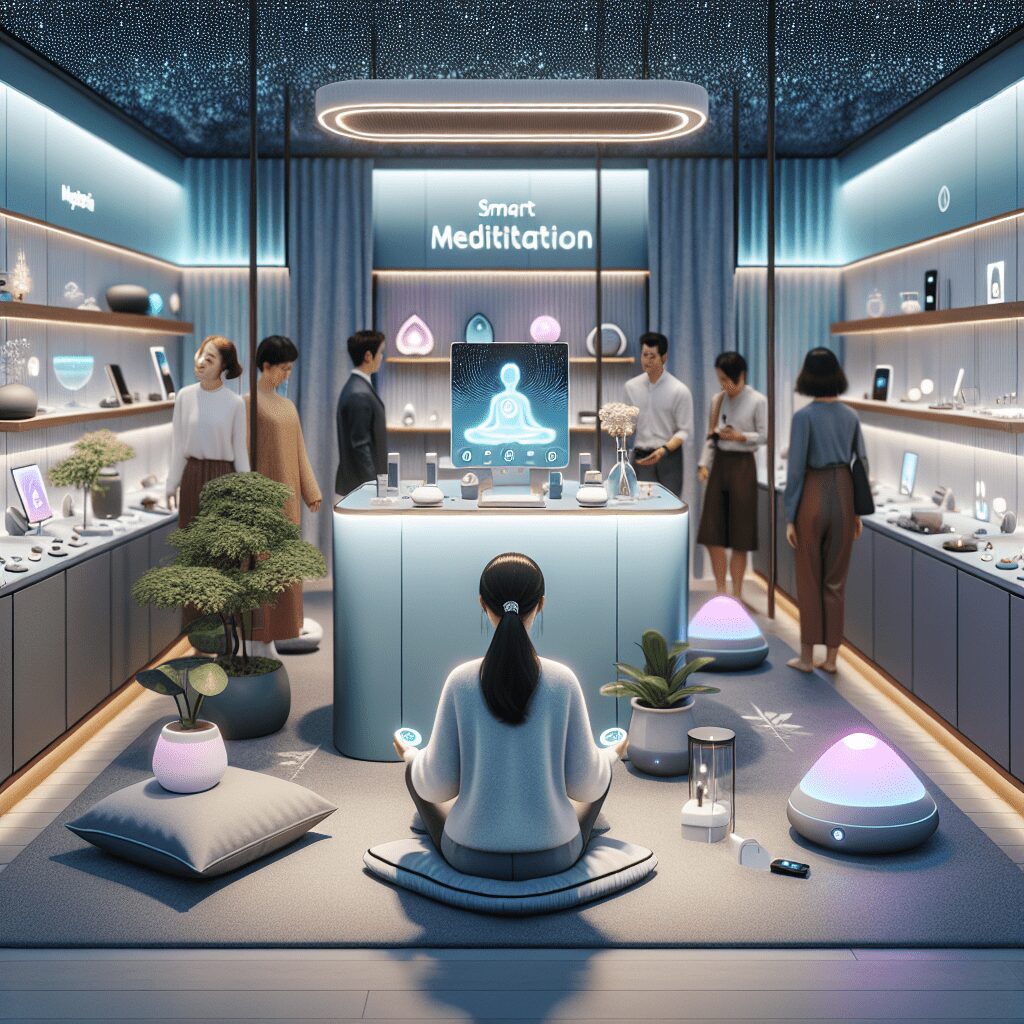
Prioritize your mental well-being daily. Enhance your life by nurturing your mental health with the Smart Meditation app. Break free from stress, alleviate anxiety, and enhance your sleep quality starting today.
What Happens If You Take An Antidepressant When You’re Not Depressed?
Unwarranted Prescriptions: Navigating the Waters of Antidepressant Misuse
In a world where quick fixes are often sought for complex problems, the misuse of antidepressants presents a puzzling conundrum. What really happens when these powerful medications are taken without a legitimate need, such as by individuals not suffering from depression? While the intent might be to enhance mood or manage stress, the reality is a cocktail of unintended consequences that can range from the benign to the decidedly severe.
The Complex World of Antidepressants
Antidepressants, primarily used to treat major depressive disorder, operate by adjusting the chemical balance in the brain, particularly neurotransmitters that influence mood and emotions. SSRIs (Selective Serotonin Reuptake Inhibitors) and SNRIs (Serotonin-Norepinephrine Reuptake Inhibitors) are commonly prescribed for their safety profile and fewer side effects compared to older antidepressants. However, these medications are not akin to taking a daily vitamin. They are potent agents designed to correct significant imbalances within the brain’s chemistry.
Unpacking the Consequences
So, you might wonder, what’s the big deal if someone without depression pops an antidepressant? Well, pull up a chair, because here’s the scoop:
-
Psychological Dependency: Yep, you read that right. Even though antidepressants aren’t traditionally addictive in the same vein as opioids, using them without a medical need could lead to a psychological dependence. This is where you believe you need the drug to function normally, even though there’s no physiological basis for it.
-
Side Effects Galore: Diving into the world of antidepressants without an actual need invites an array of unwelcome guests alongside. From the mundane, like dry mouth and insomnia, to the serious, such as sexual dysfunction or even severe mood swings, the side effect profile is not to be ignored.
-
The Emotional Rollercoaster: Ironically, for those not diagnosed with depression, antidepressants can sometimes induce symptoms akin to those they’re designed to treat. This includes increased anxiety, mood swings, and in rare cases, thoughts of self-harm. Basically, it’s like buying a ticket for a ride you didn’t want to go on.
-
Chemical Imbalance: If your neurochemical levels are fine and you introduce a medication designed to alter them, you’re essentially fixing something that isn’t broken. This can lead to an actual imbalance where none existed, potentially triggering new or worsening mental health issues.
-
Withdrawal Woes: Deciding you’re done with antidepressants isn’t as simple as tossing the bottle away. Withdrawal symptoms can include dizziness, nausea, headaches, and flu-like symptoms, making it clear that these medications should not be started or stopped without a doctor’s supervision.
Safe Harbor in Rough Waters
Navigating the complexities of mental health is challenging, but here’s the takeaway: antidepressants are a life raft, not a jet ski for joyriding. They carry significant risks and are best used under the guidance of a healthcare professional after a thorough evaluation.
For those seeing a boost in mood or stress management, alternatives abound. Healthy lifestyle changes, therapy, mindfulness practices, and a strong support network can work wonders and carry fewer risks than misusing prescription medications.
In the end, the misuse of antidepressants underscores the importance of approaching mental health with care, respect, and above all, the guidance of professionals. It’s a journey, not a sprint, towards understanding and managing one’s well-being with the right tools and support at one’s side.




